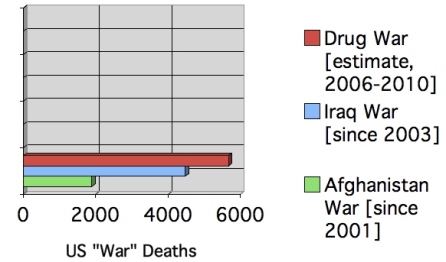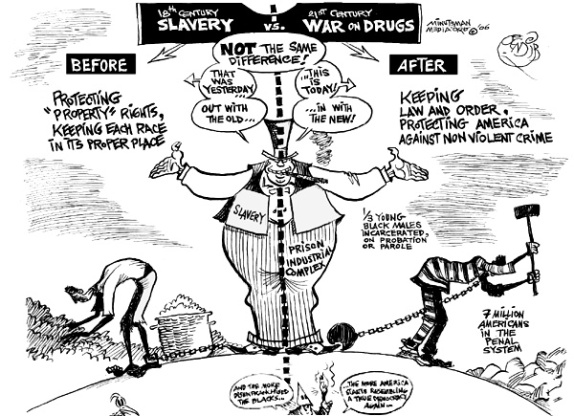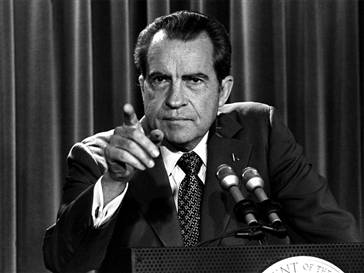In the article, “5 Reasons Marijuana Should Remain Illegal,” John Hawkins claims that the drug is extremely addictive, hasn’t worked in Amsterdam, is terrible for your physical and mental health, and that it has decimated many people’s lives. Early into the article Hawkins manages to counter his own “extremely addictive” point by citing Dr. Drew. Dr. Drew states, “It’s not very addictive for many people. It’s a small subset of people with a genetic potential for addiction. But for them it is really tough.” Those statements can be made for any form of medication legally sold via prescription. If the drug is administered in a controlled environment then individuals with this genetic predisposition for addiction would be sorted out and informed of the dangers of their ingesting the drug. Many drugs, including marijuana, are beneficial to the user but may have adverse side effects. This doesn’t stop Big Pharma from over prescribing other drugs.
John Hawkins’ argument surrounding legal marijuana in Amsterdam stands on weak legs as well. He tells the reader that the government is imposing a ban on non-Dutch residents partaking in the coffee shops and that the crime rates around coffee shops is alarmingly high. With just a little more research, one finds that the reason this regulation came down was due to neighboring countries that haven’t legalized marijuana. Drug tourists, or couriers who drive over the border to buy large amounts of cannabis, which they resell at home are the cause for this regulation. The crime that Hawkins’ speaks of is traffic and public disorder issues near the border due to individuals trying to sneak it into their country. It has nothing to do with the consumption of the product. The problems arising in Amsterdam in regards to marijuana have nothing to do with their country, but with other countries who have yet to legalize the drug.
Hawkins suggests that, “most habitual marijuana users come off as stupid,” and that, “The drug is making them stupider, even when they’re not high.” This is complete fallacy and it is apparent that the man clearly has an agenda. There are many articles that can be found that show the peak in intellectual creativity brought on by cannabis use. I know what you’re thinking, “Well what about long-term mental effects?” The Harvard University Gazette did a study entitled Intelligence, cognition unaffected by heavy marijuana use. In the study it was found that heavy marijuana use had no permanent effects 28 days after cessation.
Any physical problems due to smoking the drug is purely user responsibility as we are all aware that smoking anything can cause physical harm. This is not due impart to the cannabis ingested, but to the tar associated with all forms of smoking. One should simply find a healthier way to ingest. Many dispensaries have vaporizer bags or pens that work the same as smoking, yet doesn’t offer the nasty physical side effects. If you eat chicken raw you are subjecting yourself to physical harm, there is no difference with this. You not only have to smart about what you put into your body, but how you go about it.
His final argument about the drug decimating peoples’ lives is opinionated and doesn’t deserve much of a response as the evidence he uses to support his claim is based around his previous arguments. Reading Mr. Hawkins’ article was humorous, as upon completing the reading I realized that he went to college to do this occupation for a living. Maybe if he would have taken a trip to Amsterdam during his college years his writing style wouldn’t have suffered from such a lack of creativity and well thought out points.




